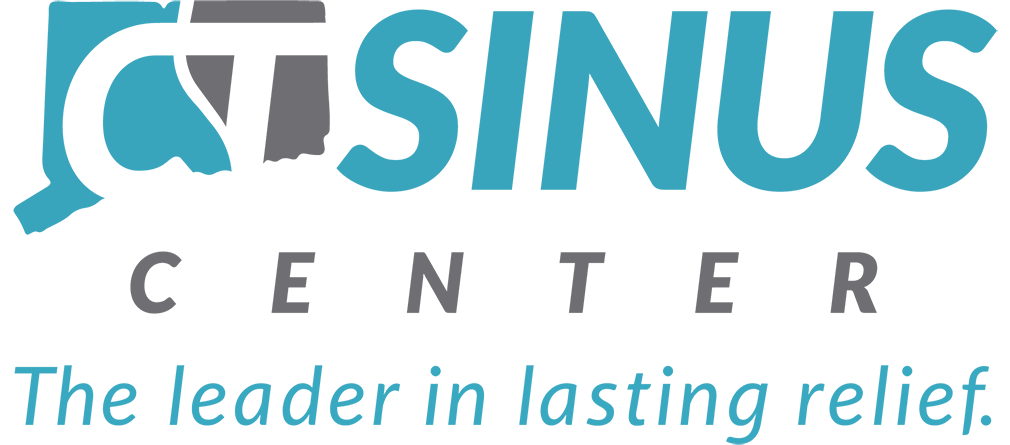[I]f you have an allergy to a particular medication, your immune system identifies that drug as an invader or allergen. Your immune system may react to medications in several ways. One type of immune reaction is due to production of antibodies called Immunoglobulin E (IgE) specific to the drug. These antibodies travel to cells that release chemicals, triggering an immediate allergic reaction. This reaction causes symptoms in the nose, lungs, throat, sinuses, ears, lining of the stomach or on the skin and usually occurs within minutes to a few hours of taking the drug.
The most common immune response to a drug is due to the expansion of T cells, a type of white blood cell that recognize the drug as foreign. These T cells orchestrate a delayed immune response that most often affects the skin, causing itchy rashes, and occurs days to weeks after exposure to the drug.
Most allergic reactions occur within hours to two weeks after taking the medication and most people react to medications to which they have been exposed in the past. This process is called “sensitization.” However, rashes may develop up to six weeks after starting certain types of medications.
While an allergic reaction to allergy medicine is rare, Drugs.com states that the following drugs have been know to trigger attacks in some people:
- Pseudoephedrine (sympathomimetic) used in decongestants
- Chlorpheniramine (an antihistamine) contains both active and inactive ingredients that can be triggers
- Prednisone, (steroid) an anti-inflammatory or an immunosuppressant
- Ibuprofen, a nonsteroidal anti-inflammatory drug (NSAID)
- Acetaminophen, analgesic and an antipyretic (used to prevent or relieve fever)
This shouldn’t come as a surprise, though, as any medication can cause a reaction in certain people. So if you don’t want to take the chance and are looking for a safer and more permanent way to put an end to your allergy symptoms, schedule an appointment with CT Sinus Center today. When you come into our office, our expert staff will sit down with you to discuss your symptoms and medical history and perform a thorough exam in order to determine exactly what is triggering your reaction. Once the results are in, we we’ll develop a treatment plan that is right for you and your lifestyle. You may even be eligible for one of our in-house procedures that will help relieve sinus pressure and pain:
- Balloon Sinus Dilation, which will reshape your nasal passages, promoting draining and natural healing
- Turbinate Reductions, in which the tissue in the nose that supports the nasal passages is decreased, decreasing the size of the turbinate and quickly increasing airflow
Call us today at 860-BALLOON and say goodbye to your symptoms and the mounting allergies bills and risks.
For more information on all things sinus and allergy, visit the CT Sinus Center website and blog.



